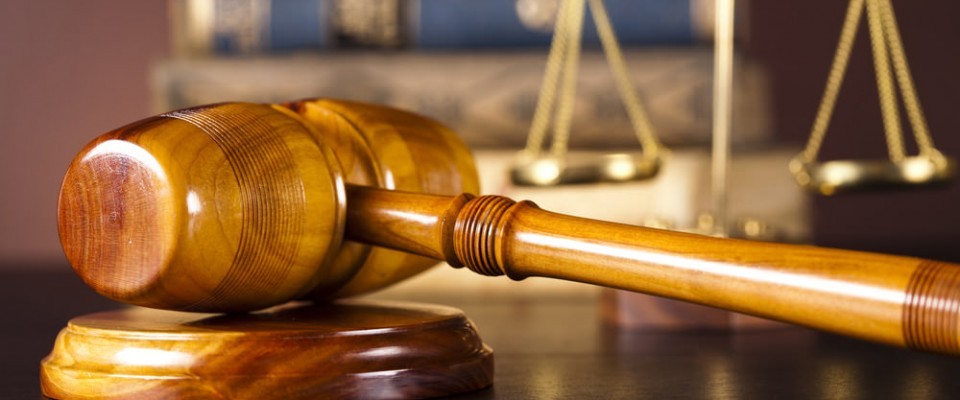
Knowing how to prove a fault after a car accident is vital since this will secure your compensation for damages and injuries. Establishing who is responsible is critical when dealing with medical bills, car repairs, or lost wages. This guide provides essential tips on gathering evidence. filing necessary reports, and documenting crucial details that will help strengthen your case to place you in a better position for a favorable outcome.
Collect Evidence
Collecting evidence at the accident scene is one of the most important steps you can take. Get the images of the vehicles involved, the environment around you, and the damage incurred. Be sure to take the photographs from different angles for a comprehensive analysis. If there are skid marks, broken glass, or any other signs of the collision, document those as well. Unbiased accounts from the witnesses will also give you an edge while establishing the fault.
File a Police Report
Filing a police report is critical in proving fault after a car accident. The report is vital since it is an official record concerning the incident, detailing the events observed by law enforcement. When speaking with the officers, provide an accurate account of what happened, sticking to the facts without speculating or admitting fault. The police report will typically include details such as the time, location, weather conditions, and statements from both parties involved. This document can be robust evidence when dealing with insurance companies or an auto accident attorney in Houston.
Observe and Document the Driving Conditions at the Time of the Incident
The driving conditions during the accident can play a significant role in proving fault. Were the roads wet or slippery? Was visibility poor due to weather conditions? Essential factors like these can contribute significantly to the occurrence of an accident and may be used to establish liability. Take note of any traffic signals, signs, or road markings that could have been a factor. Document the time of day, as lighting conditions may also impact visibility. By thoroughly observing and recording these details, you can provide a clearer picture of the accident’s circumstances, which can be critical in determining fault.
Obtain Legal Advice
After a car accident, obtaining legal advice is essential, especially when dealing with complex cases or significant damages. Having an experienced and reliable attorney will grant you access to understanding your rights and advice that will help you through the claims process. Processes like gathering and presenting your evidence, negotiating with insurance for claims, and representation in court will also require assistance from an attorney. Seeking an auto accident attorney in Houston with an exemplary strong track record in personal injury cases can make a substantial difference in the outcome of your case. Legal guidance ensures you’re well-prepared to prove fault and secure the compensation you deserve.
Final Thoughts
Proving fault after a car accident requires careful attention to detail and a proactive approach. By collecting evidence, filing a police report, documenting driving conditions, and seeking legal advice, you can build a strong case. These steps help establish liability and protect your rights throughout the claims process. Remember that all these processes aim to ensure that your compensation for any damages or injuries sustained is fair.

